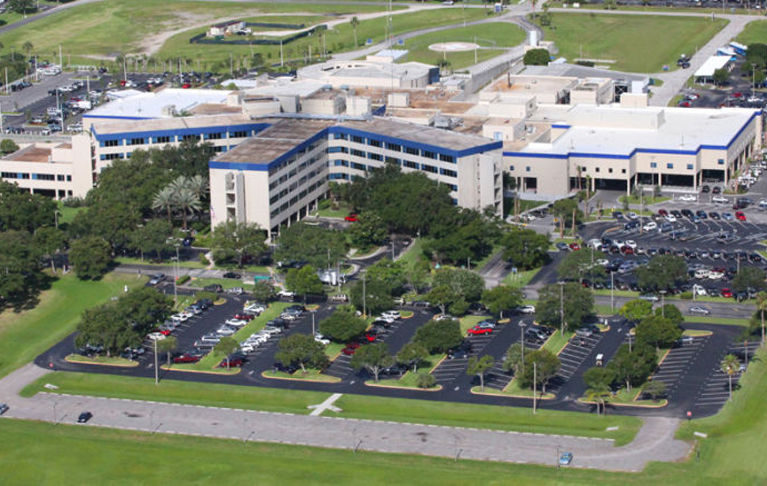
INDIAN RIVER COUNTY — Indian River Medical Center just received the top rating from Medicare for lowering readmissions for a variety of ailments.
The rating places IRMC in the top 25 percent of hospitals in the U.S. for reducing readmissions.
Between 2010 and 2013, Medicare kept tabs on patient readmissions, within a month of the original admission, at thousands of hospitals across the US.
As a result, for fiscal year 2015, a total of 2,610 hospitals will have part of their Medicare reimbursement money withheld for not keeping readmission rates low enough for patients originally hospitalized for heart failure, heart attacks, pneumonia, lung disease and knee and hip replacement.
The 2015 “fines” total over $428 million.
But Indian River Medical Center escaped any fines in the first year of the study, got a minimal fine of 0.1 percent in the second year, and, for the third year, got a perfect rating, which places the hospital in the top 25 percent of hospitals in the U.S. for controlling readmissions.
Rather than comment on the stellar rating, IRMC leaders said they preferred to let the numbers speak for themselves.
The fines – or the withholding of money – were put in place to prod hospitals to keep up with patients after they’re released to make sure they follow instructions and are monitored, thus cutting down on readmissions in the first 30 days after their release.
But a majority of hospitals in Florida were not entirely successful at meeting Medicare benchmarks and will be fined for fiscal year 2015 by margins ranging from .01 percent of their Medicare money to 2.86 percent.
Sebastian River Medical Center went from a relatively low fine of .16 percent in fiscal year 2014 to a larger fine of 1.54 percent for fiscal year 2015.
“Providing safe, quality care for our patients is our highest priority at Sebastian River Medical Center … and we begin monitoring patients at high-risk for readmissions as soon as they are admitted,” SRMC CEO Kelly Enriquez said. “But many variables can impact whether a patient will ultimately return to the hospital after discharge, particularly compliance with following post-discharge care plans.”
Readmissions at three other hospitals in the area resulted in small fines for two and a large fine for one.
Holmes Regional Medical Center will be fined .53 percent of Medicare reimbursement money for 2015, while Lawnwood Regional Medical Center will be penalized a lower amount of .16 percent.
One of the largest Medicare fines in the state will be imposed on St. Lucie Medical Center, which will be fined 2.36 percent for 2015.
The average penalty has increased from .38 percent for the past year to .63 percent for 2015, according to an analysis done by Kaiser Health News.
In a study completed by Harvard Medical school on the effects of the Medicare effort to cut readmissions, an anonymous hospital official made a point about how lowering readmissions suggests that a hospital values patient care over revenue: “If you affect the population correctly, you will reduce both readmissions and overall admissions, which is good for the patient but financially bad for the hospital,” he wrote.



